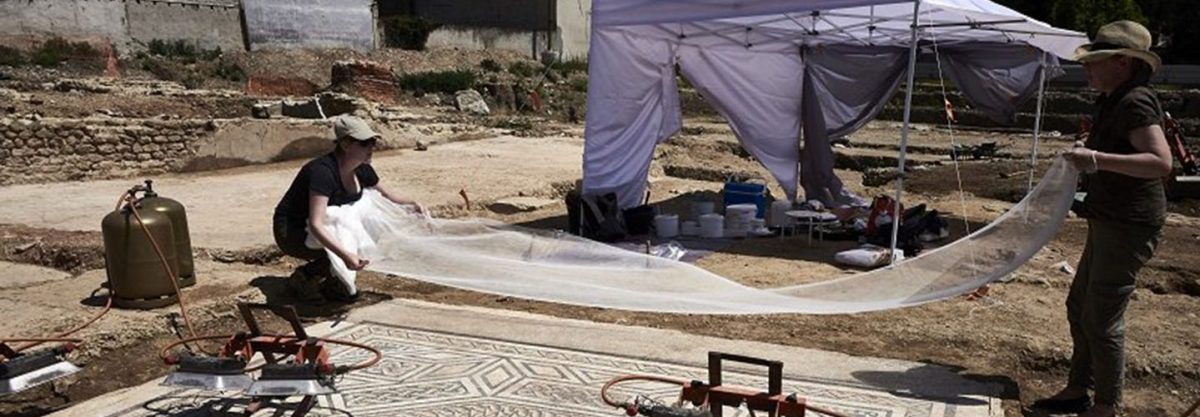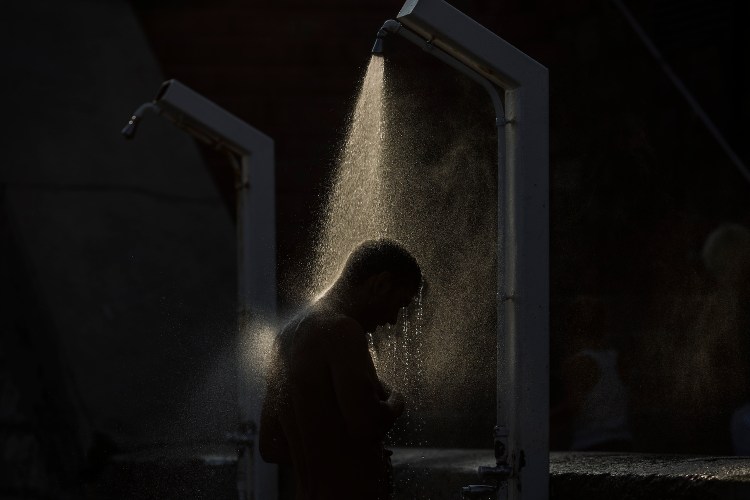After unearthing a well-preserved Roman neighborhood in a small French suburb, archaeologists are calling the discovery—dubbed “Little Pompeii”—the most “exceptional excavation of a Roman site” in nearly 50 years, according to the Agency France-Presse.
“We’re unbelievably lucky,” dig leader Benjamin Clement told AFP.
The archaeologists reportedly discovered the neighborhood, which they believe was inhabited for at least 300 years, during excavations performed in advance of the construction of a housing complex near the city of Vienne, Smithsonian Magazine reports. In the ruins, they have identified shops that produced food, metalworking, as well as a school, a temple, and a warehouse full of wine jugs.
The archaeologists believe that the 75,000-square-foot area was abandoned after catastrophic fires struck it multiple times. Remarkably, the New York Times reports that the fires actually preserved the structures by carbonizing wooden beams, baking bricks, and protecting iron objects from the usual corrosion.
This article appeared in an InsideHook newsletter. Sign up for free to get more on travel, wellness, style, drinking, and culture.

























